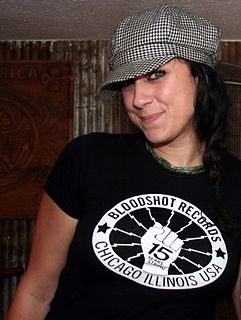A Quote by Nadine Gordimer
The creative act is not pure. History evidences it. Sociology extracts it. The writer loses Eden, writes to be read and comes to realize that he is answerable.
Related Quotes
This act of empathy, that women go through from the time we're little girls - we read all of literature, all of history, it's really about boys, most of it. But I can feel more like Peter Pan than Tinker Bell, or like Wendy. I wanted to be Tom Sawyer, not Becky. And we're so used to that act of empathizing with the protagonist of a male-driven plot. I mean, that's what we've done all our lives. You read history, you read great literature, Shakespeare, it's all fellas, you know?
Ministers should be Bible students. They should thoroughly furnish themselves with the evidences of our faith and hope, and then, with full control of the voice and their feelings, present these evidences in such a manner that the people can calmly weigh them, and decide upon the evidences presented.
But I have to say this in defense of humankind: In no matter what era in history, including the Garden of Eden, everybody just got here. And, except for the Garden of Eden, there were already all these games going on that could make you act crazy, even if you weren't crazy to begin with. Some of the crazymaking games going on today are love and hate, liberalism and conservatism, automobiles and credit cards, golf, and girls' basketball.
The fact that I am constantly immersed in the act of legal writing and editing has made me a better and more efficient creative writer and editor. In the end, lawyers need to tell compelling stories when they write a brief or other legal argument. A successful lawyer understands that the judge is merely a person who is going to read that brief, which should articulate a compelling reason for the judge to rule in that lawyer's favor. In other words, a legal advocate needs to get the judge to care. That's not dissimilar to what a creative writer does.



































